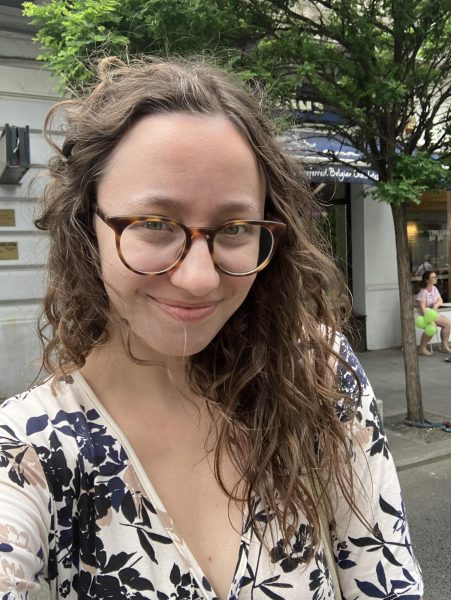When Zoe ’27 decided to take an English course at Carleton, she expected the most challenging part to be writing essays. “I wrote a lot of English essays in high school, so the idea wasn’t totally new to me,” she said. “But I thought college essays might be more challenging.” The essays, however, turned out to be the easiest part of the course.
Carleton recently revamped its AI policy to address concerns about ChatGPT and other large language models. With AI’s increasing ability to mimic student writing, it has recently become necessary for professors to incorporate AI into their syllabi. The Office of the Provost decided at the end of last Spring Term that, in order to ensure that all classes are similarly difficult, Carleton should address its AI policy to take into account AI’s ability to help student writing.
The new policy mandates that all assignments that can be completed by AI must be completed by AI. This left some professors wondering what types of assignments couldn’t be completed by AI, but professors were quick to find a solution: performing arts. Since the start of Winter Term, academic departments have been replacing traditional essays and exams with improvised performances, interpretive dances and heartfelt songs.
Student reactions have been varied. For Zoe, the new policy was a pleasant surprise. Instead of a final essay, her English class will be hosting an interpretive dance performance session at the start of finals. “I was initially horrified, but then I started researching interpretive dancing on Youtube and WikiHow,” she said. “It seems like this new mode of exams will allow for a more creative and original analysis of the text.”
The Carletonian confirmed with the English Department that, while essays are still being assigned to students as usual, students are now expected to complete them solely using artificial intelligence. Zoe explained the merits of this new system: “It was a bit shocking at first, but now I’m getting used to it. Plus, it’ll be really helpful when I start looking for jobs and I can say that I’m already experienced in getting replaced by AI.”
Baxter ’25, an econ major who asked to remain anonymous, was not thrilled by the changes to econ exams. Instead of the usual midterms and finals, Price Theory, a mandatory economics class, has replaced its exams with mandatory songwriting and performance. For the upcoming midterm, students in the class will be asked to write a song depicting graphs and various economic theories. Baxter recently started writing his song, which describes the model for the Laffer Curve. The song opens: “Up a little bit. Up a little more. Big fall down.”
The psychology department has decided to replace lab reports with movement based performances. Lily ’25, a psych major, was thrilled to hear about these changes. “I saw the syllabus for my Cognitive Processes class and started doing cartwheels because I was so happy,” said Lily. “I was a professional rhythmic gymnast for a few years before starting at Carleton, so those skills will definitely be helpful. I also think it’ll let me more fully express the results of the iconic memory test, which shows that you can perceive visual stimuli much faster than you can process them. I plan to demonstrate that through a series of fast paced jumps and flips for my midterm.”
Under the new program, students are each asked to tell AI to write their essays based on an assigned prompt. Students are graded based on the tone of the essays — if the text seems like the AI was reluctant to write the essay, students do less well because making AI happy is an essential skill for college students to learn. “A” grades are given when students successfully demonstrate to professors their ability to make AI happy while still getting it to write their essays.
These new changes represent a new phase in Carleton’s history: similarly to how colleges had to adjust to technology, indoor plumbing and the absolute horrors of having men and women share the same dining halls, colleges must now shift their attention to this generation’s problem: artificial intelligence. “We hope these changes to our policy will address student and faculty concerns over AI-based plagiarism,” read an email sent by President Byerly. “We know that students have felt some concerns over the prospect of being replaced by AI. These changes are intended to reflect those concerns by evaluating students’ learning in ways that show them how they can outperform AI while simultaneously teaching them how to be replaced by AI gracefully.”
Edit: A variety of professors have reached out to The Carletonian to share that not all professors are excited about these changes. One professor said: “I had one student come into the Linguistics of Constructed Languages midterm and hand me a kitten with a name tag that read ‘Ask me about linguistics. I constructed my own language.’ I asked the student whether they could perform their language, and their response was that the kitten spoke for them. I really didn’t know what to say.” (The professor confirmed in a follow up email that the kitten is doing well, although it peed on the AI-written essays for the professor’s other class, leading to issues with grading.)












